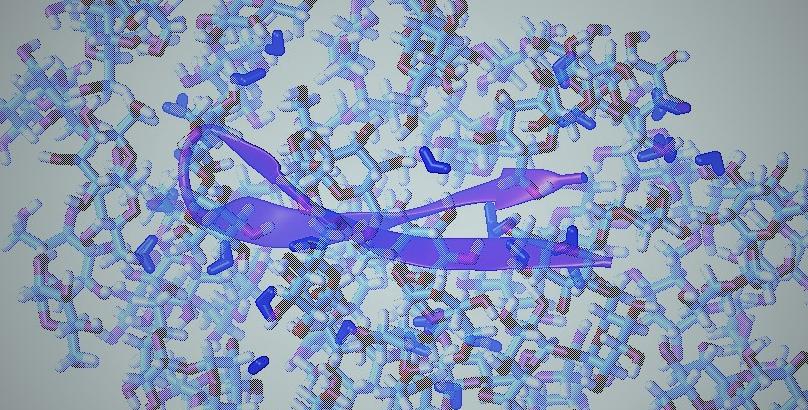Citation:
Abstract:
Biophysical chemistry is a branch of the multidisciplinary study of biophysics. The field is devoted to a quantitative analysis of biological systems using experimental, theoretical, and computational tools. In contrast to a physics-centered approach for biophysics that deals with forces and scaling laws, or a biology-centered view that deals with the phenotype of the studied system, biophysical chemistry focuses on the molecular level. Unlike biochemistry, which often focuses on chemical reactions driving biological systems, biophysical chemistry is aimed at the collection and analysis of quantitative data to provide predictive physical models describing biological phenomena occurring at the molecular level. Biophysical chemistry aims to bridge the physical and biological disciplines: in biological systems physical forces and interactions are mediated through molecules, which ultimately
determine phenotype. The experimental and theoretical tools of biophysical chemistry have demonstrated significant success in unraveling multiple basic molecular mechanisms that govern biological processes. Here we highlight some of the important contemporary areas and questions currently studied in the field of biophysical chemistry. Since molecules are at the center of this study, we focus our discussion on three classes of molecules essential for all living organisms: proteins, nucleic acids, and lipids.

